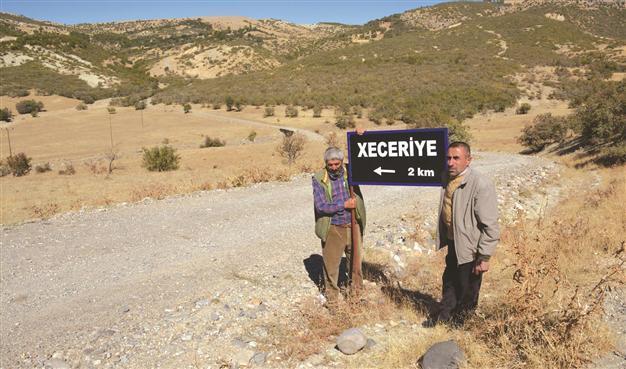Thirty-six languages spoken in Turkey, but data needs update, specialist says
ANKARA - Anadolu Agency

Kurdish is the second mostly spoken language after Turkish as it was spoken by approximately 15 million people of the population, according to a website’s 2009 data. AA Photo
The debates on what should be the scale of minorities’ language rights is going on heatedly, all though there is still no clear date on the languages spoken in Turkey.
The Linguistics Foundation head Nadir Engin Uzun said there are 36 languages spoken in Turkey, but stressed there is no healthy and updated data on who speaks these languages and where, as the most recent data was collected when Turkish citizens were asked about which language or languages they speak in the 1965 population census.
Kurdish mostly spoken after TurkishIn the absence of clear official data, researchers apply to alternative sources such as SIL International, a non-profit organization, whose main purpose is to study, develop and document languages, and a website called Ethnologue, which categorizes worldwide languages geographically in details
Currently, after Turkish, Kurdish is the second mostly spoken language, as it was spoken by approximately 15 million people of the population, according to Ethnologue’s 2009 data. The language majorly spoken in eastern provinces of Hakkari and Şırnak is Kurdish and is the only language of 20 percent of those using it.
Zazaki, which is estimated to be spoken by over 1.6 million people, mainly in southeastern and central Anatolian provinces, follows Kurdish.
The fourth most common language is Circassian language used by approximately 1 million people living in Kayseri, Samsun, Amasya and Çorum provinces and another Circassian language, Adyghe, is spoken by approximately 278,000 people can be counted here.
Arabic, one of the widest used languages, is spoken by 500,000 people living in the southeast Turkey, mainly in cities bordering Syria.
Ladino, which is also known as Judaeo-Spanish, is also a part of Turkey’s linguistic geographical diversity as there are approximately 10,000 people using that language, according to 2007 data.
Underlining that the research to be made on the languages spoken in Turkey is important for world heritage, Uzun said, the foundation he heads will organize a workshop for all languages facing the danger of vanishing.
“We know that some the languages have disappeared and some face the danger of disappearing. With the aim of taking a step in this respect, as the Linguistics Foundation, we will organize an “Endangered Languages Workshop in collaboration with International Linguists Committee,” he said.
